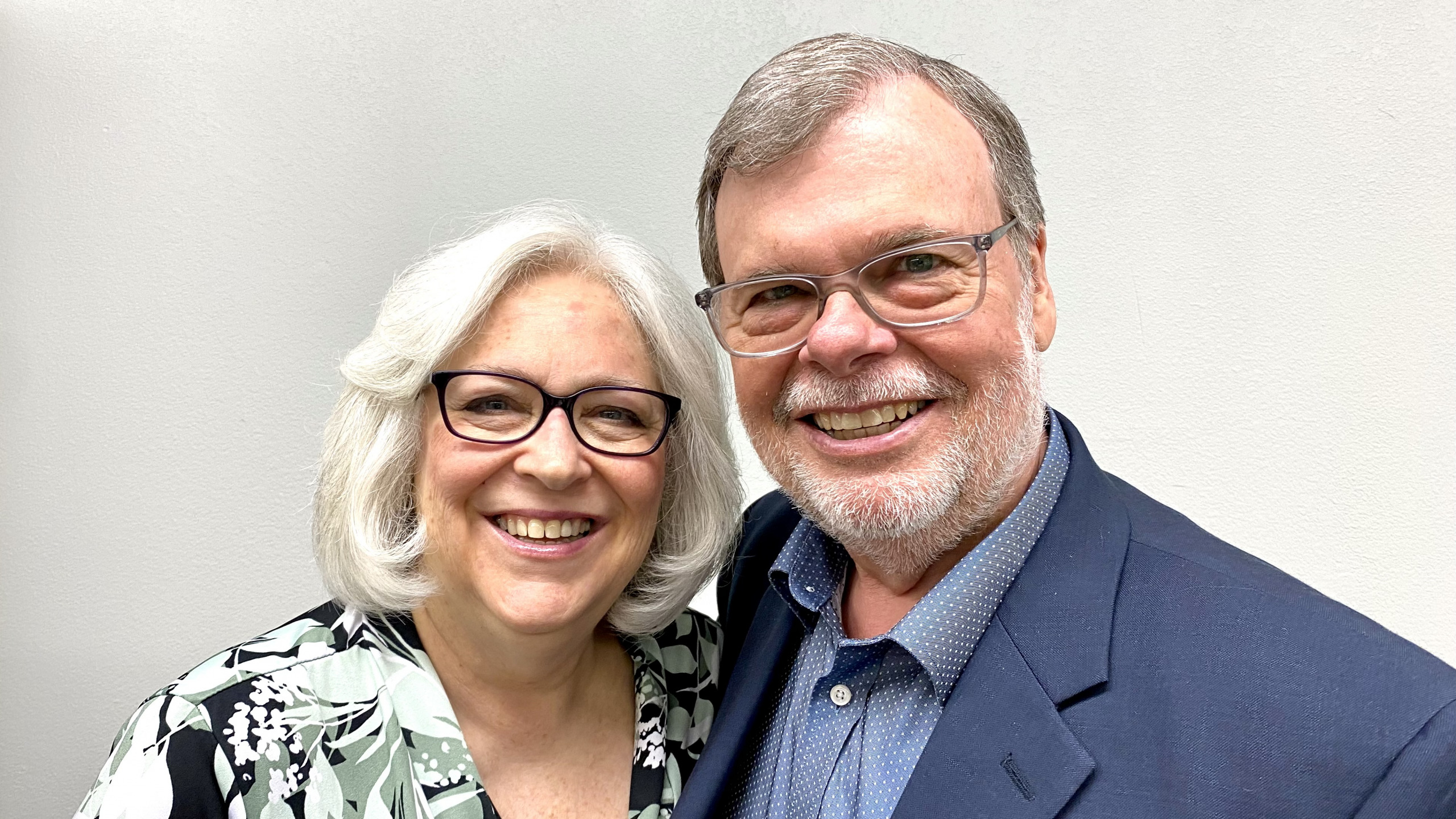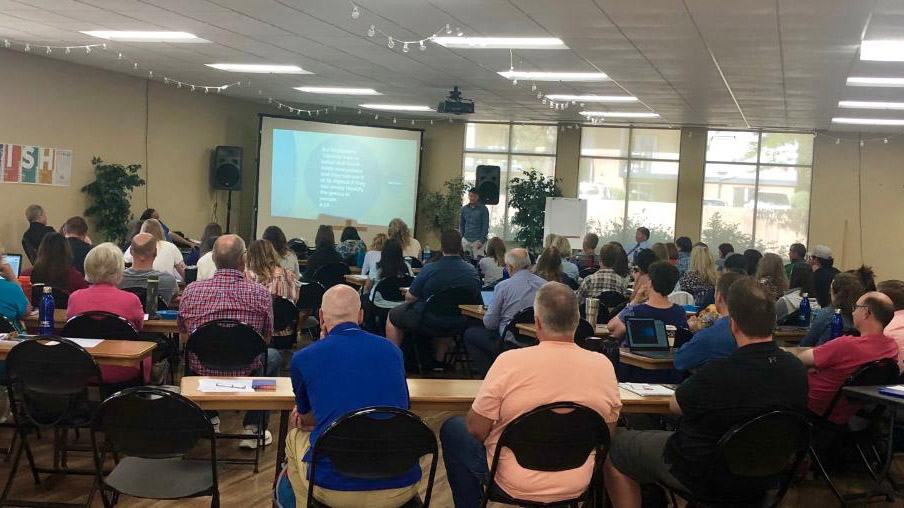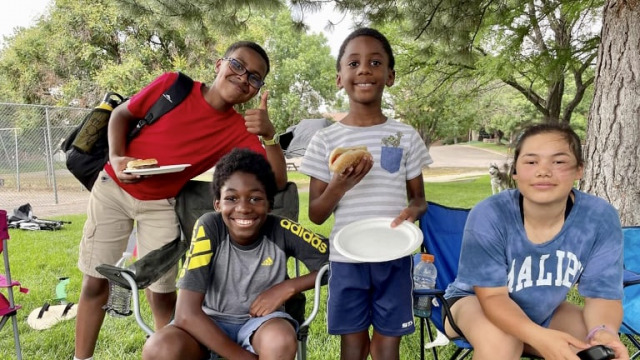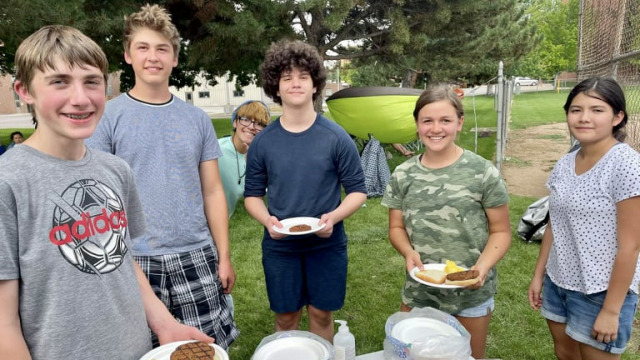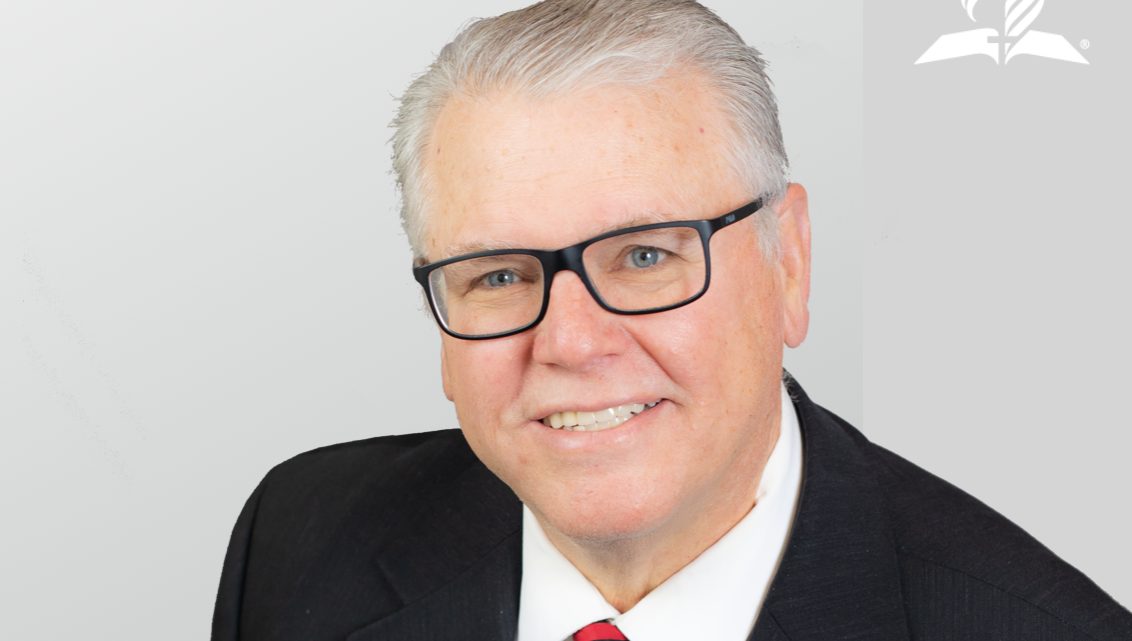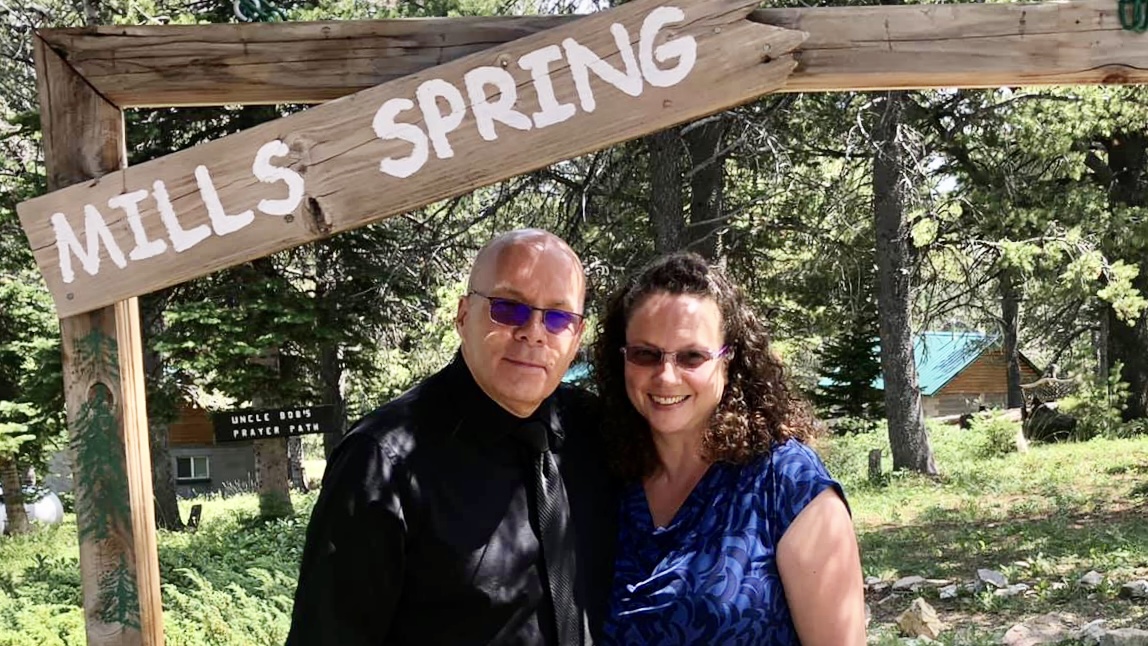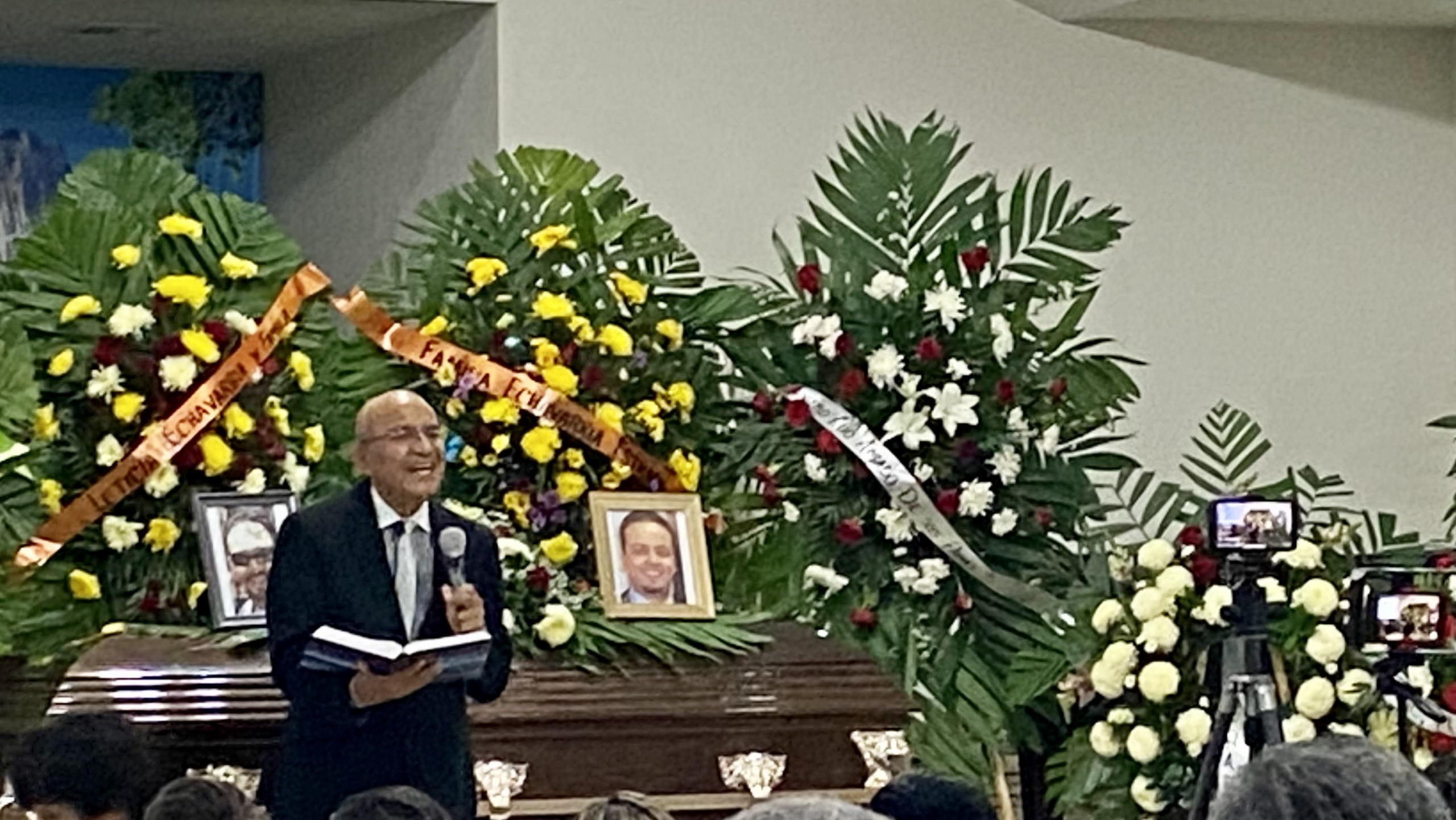By Gary Thurber
Dear Mid-America Union Conference Family,
Whew! It is hard to believe nearly five years have passed since our last Constituency Session! Time has flown by so fast; but then again, there were times during these past five years when the days and weeks seemed to stand still.
Here’s a recap, from my perspective, the past five years.
I think of our Pathfinders attending Oshkosh (Wisconsin) International Camporee and our own Union Camporee in Custer, South Dakota, both of which were spiritual high notes for them. It was also inspiring to watch so many of our Bible Experience teams move on from their conference, union, and over to the division level in this Bible knowledge journey.
Our union-wide pastor’s convention in Omaha, Nebraska, was a highlight as we came together to talk about our first calling—our own families. Then the teachers had an incredible division-wide convention in Chicago that brought wonderful exhibits, workshops and other learning opportunities they could never have experienced otherwise.
Evangelism is on the rise as well, and our local conferences work with pastors and laity to keep the Three Angels’ Messages ever before our communities. Both public and personal evangelistic strategies have been employed to share this beautiful message of the gospel and hope for what the Lord has in store for His children.
However, there were also times during these past five years like none we have ever experienced in our lifetime. Who could forget March 2020, when our country and world came to a screeching halt due to the COVID-19 virus? One Sabbath we were singing and worshiping together in our churches, and the next we were told not to meet because of the threat of exposure to this disease. It was painful to hear about and watch people we know and love suffer from this dreaded virus. Sadly, some even lost their lives.
Overnight, our elementary schools, academies and Union College faculty and staff had to figure out how to operate virtually as parents, teachers and students worked together in ways no one saw coming. They made it happen though! And they succeeded beyond our wildest imaginations!
Pastors and their teams, too, learned very quickly how to bring Sabbath school and church worship services to our Mid-America family, so we could continue to fellowship and study God’s Word together. As hard as it has been, our pastoral teams and church members have worked hard together to meet the needs of our church families. Virtual weddings, graduations and, yes, funerals have become part of our church life over the past number of months. We are still not able to fully assemble together throughout our region, but we are getting there…slowly but surely.
Another day when time stood still was when we watched in horror as George Floyd’s life was taken from him right here in our Minnesota and Central States conference territories. I don’t believe anyone can fully understand the pain and harm this brought to our communities and to our own church family. Racism is a sin and evil at its core. The hope we have is for a great awakening, where we will choose to love one another as Jesus loves us all.
Following God Together
Because of the COVID-19 virus, the General Conference Session was pushed back first one year, and now two years. Our GC leaders have worked tirelessly to meet the continued global needs of our church. Mission continues to move forward in a powerful way. It is inspiring to hear the stories of God’s sustaining His church. These stories are absolute miracles as we see God’s mighty hand at work.
“I Will Go!” is the GC’s theme for this quinquennium, and it has caught on beautifully both here in the NAD and abroad. The division is using that theme, along with the emphasis “Together in Mission.”
As we at the union office thought about these great themes and considered what our theme should be for the Mid-America Constituency Session, we acknowledged the personal commitment that must take place for “I Will Go” and “Together in Mission” to become a reality.
Our thoughts also went to the apostle Paul’s beautiful picture of the body of Christ, which he says is made up of many parts—all of which are essential. He says, “Just as our bodies have many parts and each part has a special function, so it is with Christ’s body. We are many parts of one body, and we all belong to each other.
“In his grace, God has given us different gifts for doing certain things well. So, if God has given you the ability to prophesy, speak out with as much faith as God has given you. If your gift is serving others, serve them well. If you are a teacher, teach well. If your gift is to encourage others, be encouraging. If it is giving, give generously. If God has given you leadership ability, take the responsibility seriously. And if you have a gift for showing kindness to others, do it gladly” Roman 6:4-8 (NLT).
In order to say “I Will Go” and “Together in Mission,” each of us must first say, “Yes, Lord! I give my life to you to use me and empower me to do whatever you want me to do.” So, we decided our theme for the Mid-America Session will be “Yes, Lord!”
We plan to come together in person on September 12 for the Mid-America Session, which will take place in Lincoln, Nebraska. With our focus of “Yes, Lord!” we can join together as never before to accomplish the mission God has called us to fulfill.
As usual, we will review our By-Laws to see if they should be honed even more to help us accomplish our mission. We will have an opportunity to hear and see firsthand how God has sustained and blessed Union College. We will elect leadership for the next quinquennium. And as several conferences and our own Executive Committee has asked us to do, we will talk about the ongoing journey of recognizing our women pastors’ calling from the Lord.
If you have an old youth songbook from the ‘70s, more than likely there will be a song in it titled “Yes, Lord!” In full disclosure, that song came from the heart and mind of my father, John Thurber. And the words are probably more impactful and pertinent for me today than ever before. The simple chorus, which is really a very personal prayer, goes like this:
Yes, Lord, I give my heart to You.
Yes, Lord, my will I yield anew.
Love me, guide me, fill my soul,
Yes, Lord, take full control.
In Mid-America, let’s encourage one another to say “Yes, Lord!” to whatever God calls us to. Maybe it will be to go overseas as a missionary. Maybe it will be to come alongside our teachers at our schools to help them with the enormous mission they lead. Maybe God is going to call you to be an evangelist as a lay person or a pastor. Or maybe God will ask you to represent Him in a greater way in your workplace.
All I know is that if we will prayerfully say “Yes, Lord!” here in Mid-America, we will see mission happen like it has never happened before. Will you join me and the team here in the Mid-America Union office and commit to this prayer? Let’s do this together!
–Gary Thurber is the Mid-America Union Conference president; photo supplied
This article was originally published on Outlook Magazine’s website

